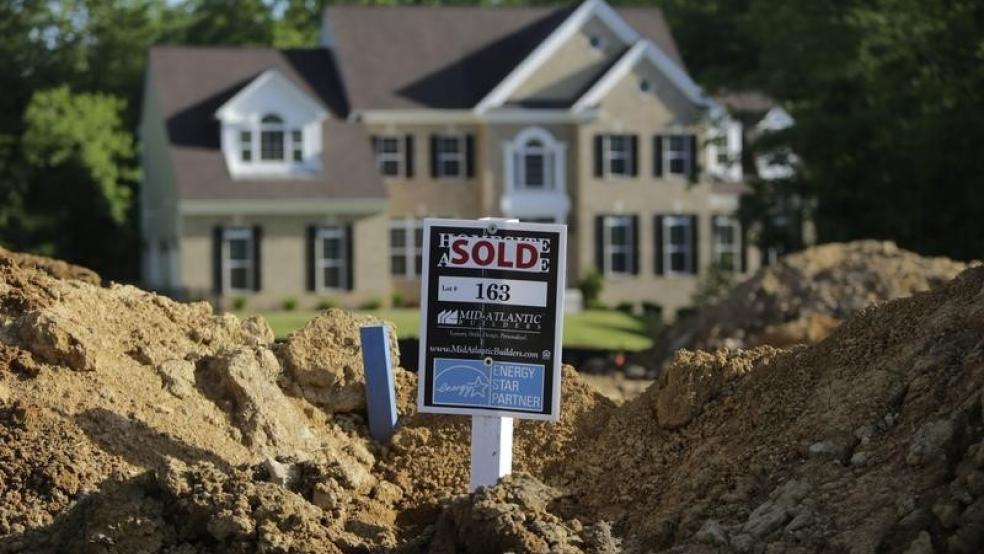In the complicated world of federal tax expenditures, there is perhaps no provision more loved by its beneficiaries and more hated by academic economists than the mortgage interest deduction. For years, though, voters’ passionate devotion to the ability to subtract the interest they pay on their home loans from their taxable income has far outweighed economists’ horror at a benefit they view as regressive, inefficient, expensive, and ineffective.
Now, according to a new report from Politico, the Trump administration is considering a substantial cut to the cap on the deduction, and it’s causing a lot of raised eyebrows.
Related: The Looming Fiscal Train Wreck Means Trump Won’t Get His Wall. Here’s Why
Currently, taxpayers can write off the interest paid on the first $1 million they borrow to finance their residence. (The benefit’s $1 million cut-off is one of the things that infuriates people about it -- not only do you have to be wealthy enough to own a home to benefit from the mortgage interest deduction but the wealthier you are, the more you benefit.)
However, Politico’s Colin Wilhelm writes that the Trump administration has expressed openness to dropping the threshold to $500,000. While that may still be enough to buy a McMansion in the vast geographic majority of the United States, it would represent a real blow for many homeowners in the most expensive parts of the country, like the urban centers of the Northeast and Mid-Atlantic, as well as large parts of Southern California.
Wilhelm says the topic came up during a roundtable meeting at the White House early this week, and White House economic adviser Gary Cohn expressed cautious interest in the possibility of including it in efforts to overhaul the federal tax code.
It isn’t the first time that the Trump administration has made noises about slashing the mortgage interest deduction. In December, after his election, then-president-elect Trump’s nominee for Treasury Secretary, Steven Mnuchin announced that the administration was looking at reducing the cap.
Related: Why Republicans Are Going It Alone on Tax Cuts
Later, in April, Trump would promise that his administration was dedicated to preserving the tax break for homeowners, but Cohn’s apparent willingness to embrace the idea may signal yet another shift in the administration’s position.
The news that the Trump administration might consider at least altering the mortgage interest deduction will likely be a pleasant surprise to many conservative policy experts and economists who haven’t been on board with much of his agenda.
Tweeting on Friday afternoon, apparently in response to the news, American Enterprise Institute economist James Pethokoukis wrote, “Yes, it’s time to reform the mortgage interest deduction.” He linked to a January article in which he had argued, “Housing tax breaks distort the economy and reduce government tax revenues by at least $70 billion annually. If you’re interested in the US economy growing faster in the next decade than it has in the past decade, then smart housing policy would be a key accelerant. Housing reform is a key structural reform to creating sustained fast growth in the decades to come.”
Of course, there is no guarantee that the Trump administration’s interest in reforming the mortgage interest tax deduction will survive its first contact with political reality -- but the fact that it’s even on the table at all is pretty remarkable in itself.





